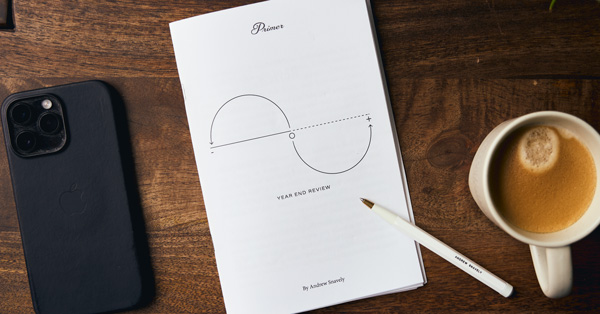If you've spent any time in the gym, or any time trying to get a better body, then you have almost certainly come across LOTS of conflicting advice about carbohydrates. With all of the WILDLY different opinions on carbohydrates out there, it's VERY difficult not to be completely confused:
The militant low-carb camp says, “carbohydrates are evil and to be avoided at all costs – even carrots and apples are too high in sugar.”
And on the other hand you have the government and dietitians telling you that all of your health problems will be solved if you will just eat 11 slices of bread per day… just don't put any butter on your bread.
Who's Right?
Well, if you take a look at the research comparing low fat/high carb diets vs. low carb/higher fat diets over the past 50 years, then the low-carb group wins hands down. Calorie-for-calorie people lose more fat and have better health on low carb diets. (See references 1-6 below, I stopped at 7 for convenience. I could literally go on and on and on and on…)
Here's an interesting, but 50 year old study, on the subject:
There were three groups of people on three low calorie diets with VERY different make-ups and weight loss results:
- Group A: 1000 calories at 90% fat: lost 0.9lbs per day
- Group B: 1000 calories at 90% protein: lost 0.6lbs per day
- Group C: 1000 calories at 90% carbs: actually gained some weight (not really significant though). (6)
If you'd like more recent research (2007), then look at this:
In this study, people were divided by two factors:
- High carb (3:1 carb:protein) and Low carb (1:1 carb:protein)
- Exercise and No exercise
Weight loss after 12 weeks was as follows:
High carb + no exercise = 4.6lbs
High carb + exercise = 8.8lbs
Low carb + no exercise = 10.1lbs
- 110% better than the high carb + no exercise group, AND
- 15% better than high carb + exercise group! (take that Dr. Ornish!)
Low carb + exercise = 15.5 lbs
- 76% better than the high carb + exercise group (5)
I don't know about you, but 75-100% better results eating the same number of calories sounds like a winner to me!
Is This Based on Science or Political Lobbying?
Why Does Low Carb Work Better?
When you eat starchy and/or refined carbs you place a huge load of sugar into your blood stream that your body must get rid of. That blood sugar has two possible destinations:
Destination #1: Muscles & liver
Your muscles can turn carbs into mechanical energy. So if you happen to be playing a game of basketball, then the sugar will leave your blood, go to your muscles and get turned into a movement.
Your muscles and liver also store carbs as glycogen. Intense physical activity like weight lifting, intervals, and most real sports (bowling doesn't count) deplete your glycogen stores. So, if your glycogen stores are low or empty then the carbs that you eat can be shuttled away to your muscles and liver for storage for future use.
However, there are two problems that lead us to…
Destination #2: Fat cells
Problem A: Your muscles and liver have a VERY small storage capacity for carbs, and the overflow will end up as fat.
Problem B. We sit a LOT. Our lives are almost completely devoid of intense physical activity, so our glycogen stores are almost ALWAYS full. So, whatever we eat will probably be overflow and become fat, unless consumed after intense physical activity.
The other reason why low carb diets work better than high carb diets at promoting fat-loss has to do with 2 proteins and 1 hormone. Don't worry, I won't be quizzing you on the names later and you don't have to remember the biochemistry to reap the benefits.
The Proteins:
- Hormone sensitive lipase (HSL)
- Lipoprotein lipase (LPL)
The Hormone:
- Insulin
Blood sugar levels rise when you eat starchy foods. Elevated blood sugar leads to a release of insulin. Insulin would “like” to shuttle those carbs into our muscle and liver, but our muscles and liver are almost always full, so blood sugar remains high. High blood sugar is toxic and must be cleared, so your pancreas puts out even more insulin. It is at this point that your fat cells take note and gobble up the blood sugar.
There are residual effects to elevated insulin levels – you will have trouble getting the fat out of your fat cells and it will be very easy to get new fat in into the fat cell.
LPL is the welcome mat of the fat cell. It tells the fat, “come one in and stay a while.” When insulin levels are high, LPL is high and it is way easier to store fat.
HSL is the fat cell's bouncer. It kicks the fat out so that it can be burned as fuel. When insulin is high, HSL is low, so even with a good fat-loss workout, it is more difficult to get the fat out of the fat cell and burn it.
When you remove, or curtail the starchy carbs in your diet you get a much better fat burning environment: less insulin, less LPL, and more HSL. In English: it is much easier for your body to begin burning your stored fat for fuel.
How Do I Apply That To My Life?
First of all the technical definition of a low-carb diet is one that provides less than 100 grams of carbs per day. But, I find that to be a completely useless and impractical definition. None of my clients are actually going to sit around and count out how many grams of carbs they eat! Nor am I for that matter. I've got way better shit to do with my time. I also like eating at restaurants or other people's homes where I am not necessarily going to be able to count carbs.
In addition, the number of grams of carbs that you eat in a day isn't really all that important, unless you are actually planning on competing in a bodybuilding competition. Otherwise, you can look damn good at the beach by focusing on the QUALITY of the carbs that you eat – where it is that your carbs come from.
There are four kinds of carbs – anytime, most of the time, exercise, and crap carbs.
1. Anytime carbs: These are carbs that you can eat any time without any fear of damage to your abs, health or energy levels. For most people this means veggies. By veggies I mean REAL veggies, corn and potatoes are NOT veggies.
Examples:
- Cauliflower (steam it and put it in a food processor with garlic sautéed in butter. Then puree completely and you got some delicious mock mashed potatoes.)
- Cucumbers
- Carrots (Carrots are fine any time, they have more sugar than other veggies, but so long as you aren't juicing them or eating them by the pound you are fine.)
- All kinds of lettuce
- Eggplants
- Peppers
- Tomatoes
- Pretty much anything other than potatoes and corn
2. Most of the time carbs: This would be fruit – whole, unprocessed fruit. Peaches canned in syrup, even “light” syrup do not count.
Berries would be among your best choices, as they are packed full of all sorts of nutritional goodness.
Caveats:
1. Accelerated fat-loss: If you really want to drop a lot of body fat in a hurry, then cutting the fruit out of your diet and getting all of your carbs from veggies can really accelerate the pace of progress. No, I am not saying that fruit will make you fat, but I am saying that a few weeks without fruit can help make you much leaner.
2. People with poor carb tolerance: There are some unlucky people in the world who have unusually poor tolerance for carbohydrates – type II diabetics, Native Americans (includes a lot of people in Mexico, Central and South America), and the formerly obese. These people, I am one of them, can't eat that much fruit. (7)
People like me are limited to eating fruit at breakfast and after a workout, and that's about it. 🙁
You can't help your ethnic heritage, but you can help becoming obese. Becoming obese creates some permanent changes in your body that will alter the way you handle carbs for the rest of your life. You can drop the fat and gain some muscle to make it better, but you can't completely undo the damage. (7)
3. Exercise Carbs: Real exercise, like interval training and resistance training, improves your body's ability to handle carbs! Carbs are fuel for intense activity. When you do intense activity you deplete the stored carbs in your muscle and liver (called glycogen). After your workout you can eat starchy carbs and they will actually have some place constructive to go – your muscles!
Otherwise, your day of sitting at breakfast, sitting during your commute, sitting at work, and sitting in front of the TV don't do much to deplete your glycogen stores. Since your muscle and liver are full, the carbs that you eat during the rest of the day have only one place to go – your fat cells.
Examples:
- Whole, unprocessed grains like oatmeal, brown rice, yams, quinoa, barley, beans are excellent and delicious choices. Processed grains like bread would be lower on the list.
Caveat: This is not necessarily true for everyone all of the time. This is one of those things that vary a LOT from person to person, with age, body-fat levels, and training goals. For example, if you are trying to lose body fat, you will be well served by skipping the post workout carbs and eating fruits and vegetables instead. This is something to experiment to see how your unique body responds.
4. Crap carbs: This is the kind of stuff that normal, obese Americans call “food.” This is also the stuff that you already know is bad for you and don't need me to tell you about – Danishes, French fries, cookies, etc.
This is stuff that is for the occasional treat meal. Once, twice, or maybe three times a week you can treat yourself with no problem. Obviously, you will lose fat faster the less crap you eat.
If you have body fat to lose, then focus on getting rid of the fat, not on packing in as many cheat meals as you can. Get lean first, then figure out how many cheat meals you can realistically have and still maintain.



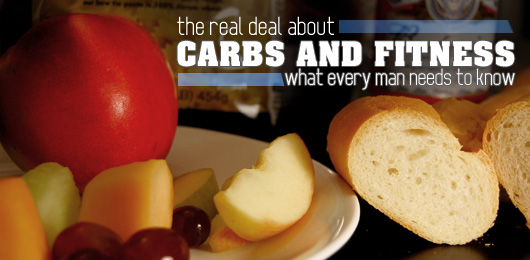
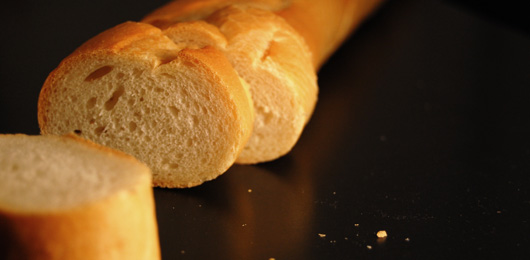
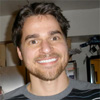



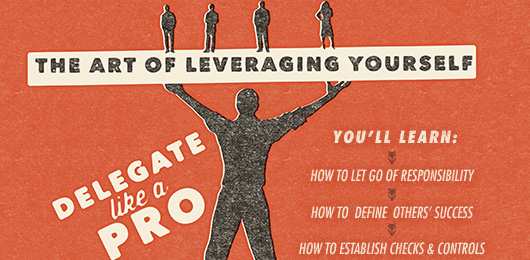
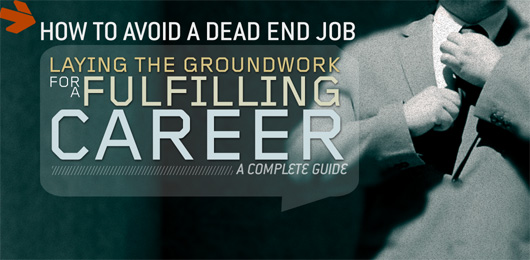




![It’s Time to Begin Again: 3 Uncomfortable Frameworks That Will Make Your New Year More Meaningful [Audio Essay + Article]](https://www.primermagazine.com/wp-content/uploads/2025/01/begin_again_feature.jpg)

